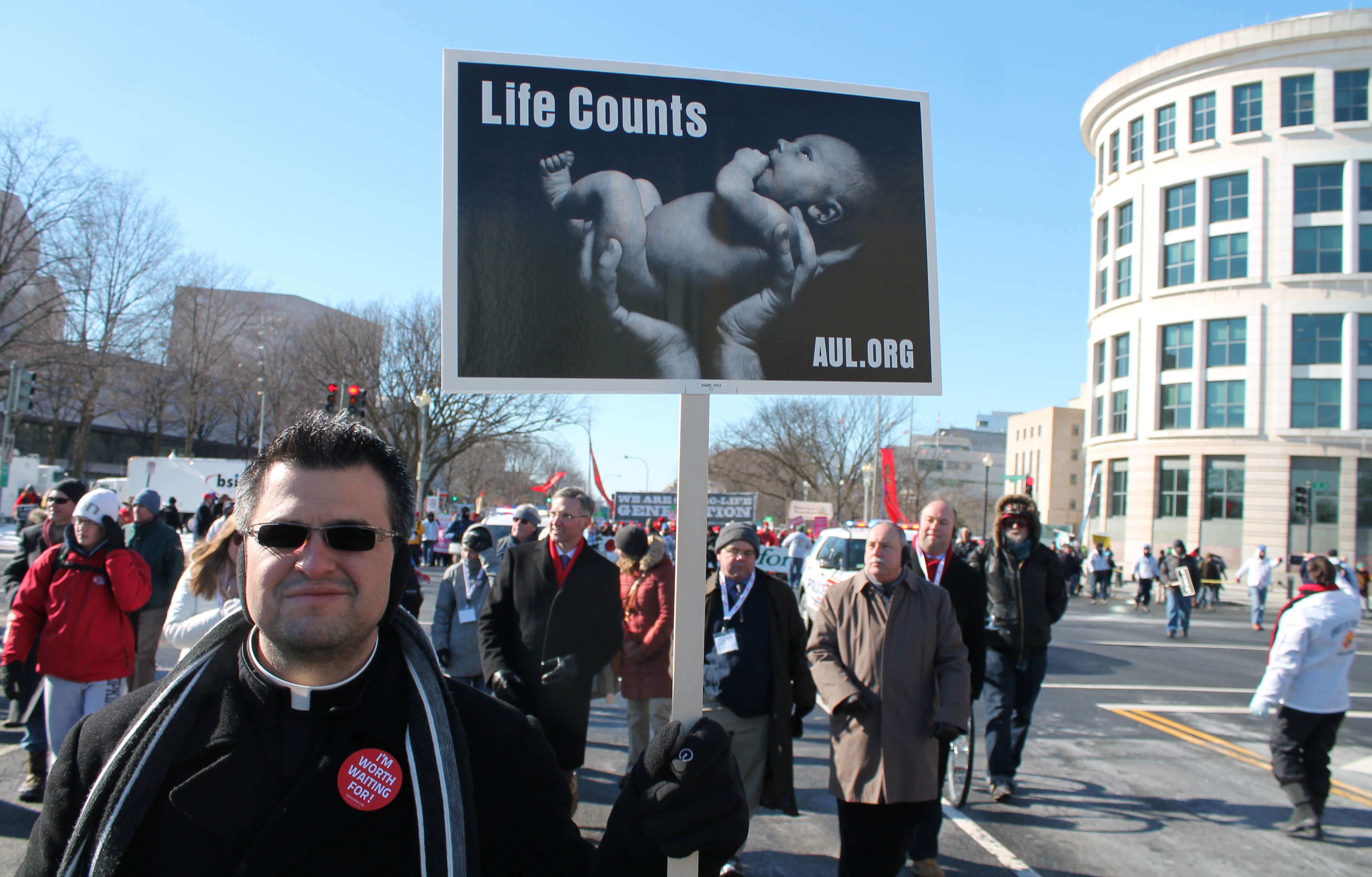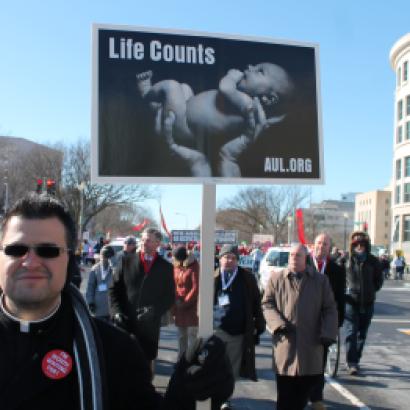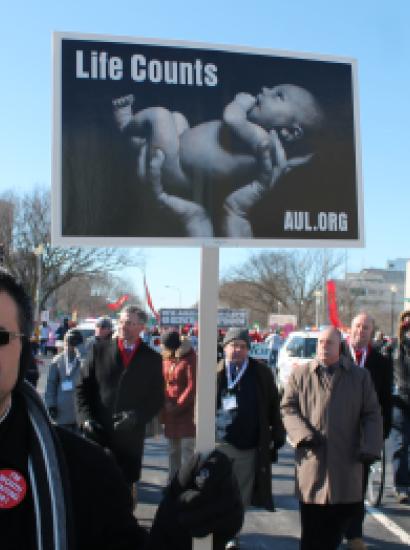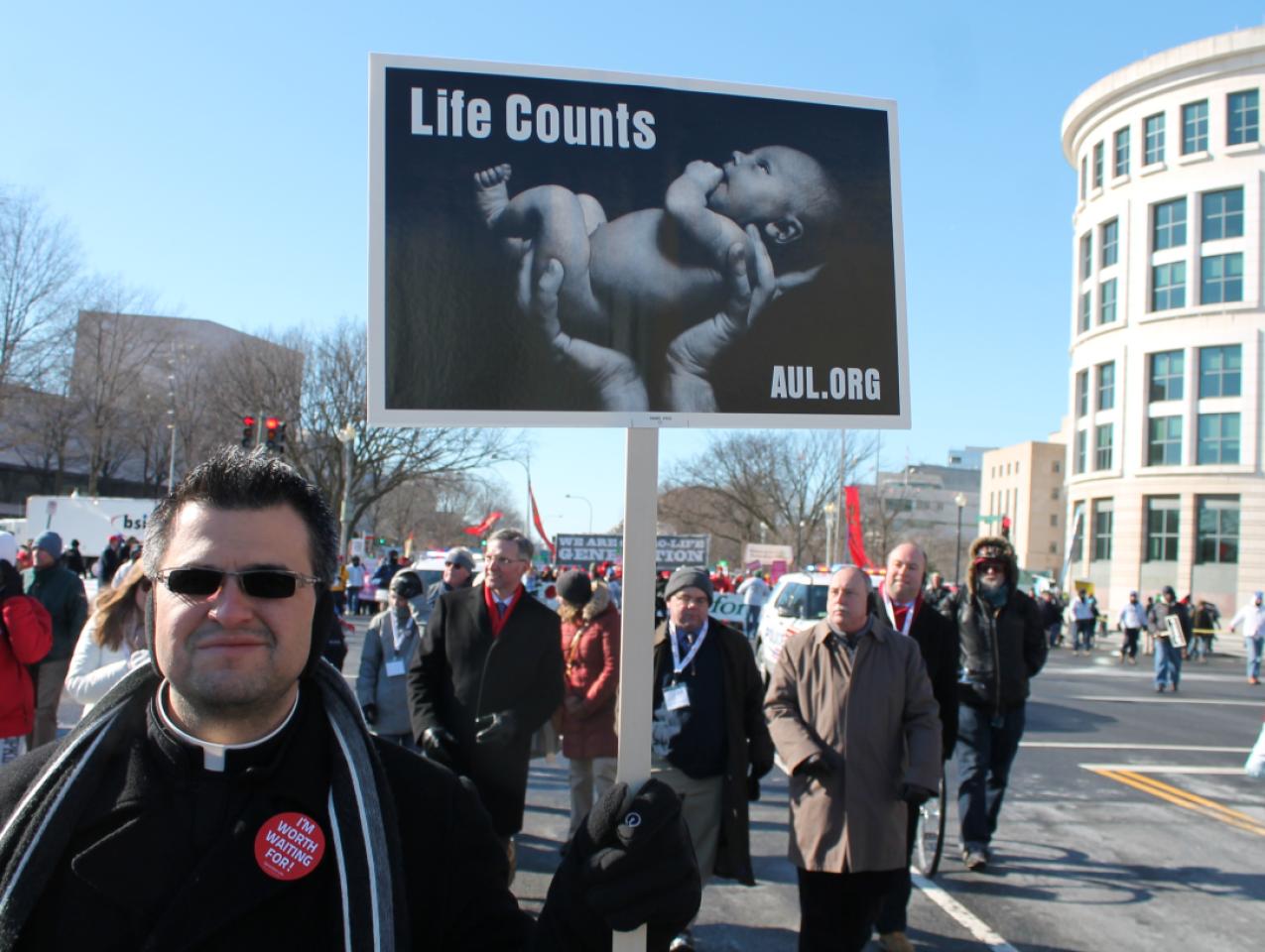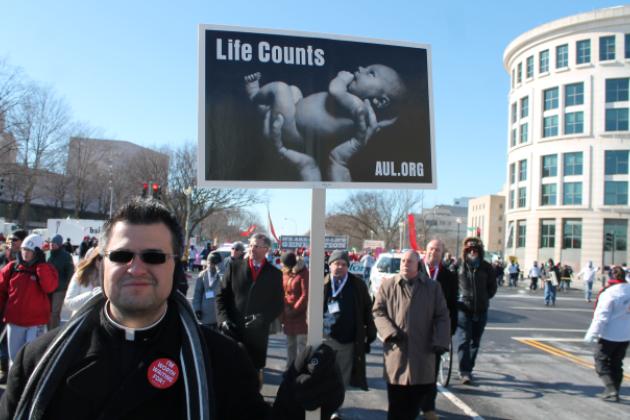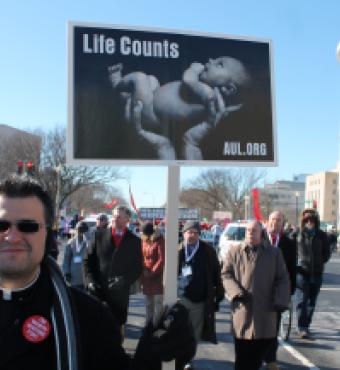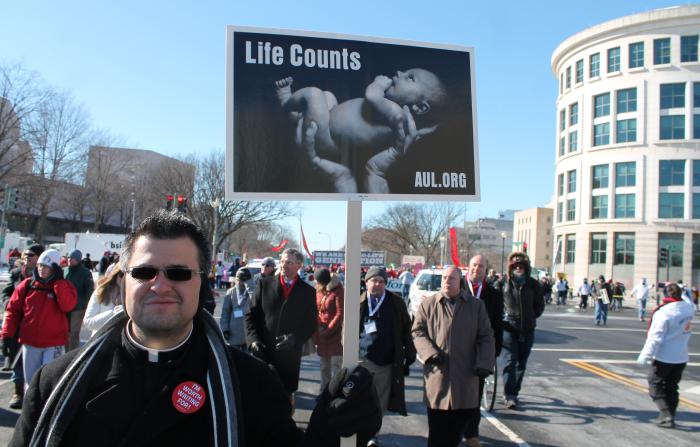Alabama Governor Kay Ivey signed the state’s Human Life Protection Act on May 15, enacting one of the toughest anti-abortion laws in the nation. The key provision of this statute renders it criminal for “for any person to intentionally perform or attempt to perform an abortion,” subject only to an exception where the abortion “is necessary in order to prevent a serious health risk to the unborn child's mother.” The drafters of the legislation refused to add any amendment that would legalize abortions in the cases of rape and incest. The legislation specifically exempts women who have abortions from any form of civil or criminal liability, but it imposes sentences up to life imprisonment for any physician within the state who performs an illegal abortion.
The law is on a direct collision course with Roe v. Wade, which in 1973 established a constitutional right to abortion, even though at the time of its passage abortions were commonly, but not universally, subject to criminal sanctions either by statute or at common law. Governor Ivey makes no bones about seeking a show-down. The Alabama laws punishing abortion are still on the books. She wants the Supreme Court to “revisit”—i.e. overrule—Roe and thinks that the latest Alabama law is the best way to force its hand. Predictably, the statute’s passage has generated intense dispute over abortions that center on the merits of the legislation and the likelihood that the Supreme Court will modify or strike down Roe.
The Alabama law classifies abortion as a felony form of homicide. Homicide in its simplest form is the deliberate and unlawful killing of one person by another. No one doubts that an abortion is a deliberate procedure, so the questions are: What is a person? And what are the justifications that make it lawful to kill another person? Abortion advocates defend against the charge of homicide on both grounds. On the first, their argument is that no one becomes a person until he or she is outside the womb. As CNN Contributor Christine Quinn put the point: “When a woman is pregnant, that is not a human being inside of her. It is a part of the mother.” That claim brought forth a fierce response by Alexandra DeSanctis, a staff writer at National Review. In an article addressing the abortion controversy, DeSanctis raised the simple point that the DNA of the child is distinct from that of the mother and father, and that it is thus absurd to claim that an unborn child with a heartbeat does not have the status of an independent person.
Should we accept the premise of so-called heartbeat bills that the decisive point for personhood is when the heartbeat can be detected (after six weeks), long before any fetus becomes viable outside the womb? DeSanctis does not address the place of conception in the argument about the beginning of life, but I think that any claim that the detection of a heartbeat is the critical point is ultimately untenable. There are no clear mileposts during the process of pregnancy that generate the needed hardline between non-person and person. The DNA of each human being, as DeSanctis notes, is distinctive—and it becomes distinctive, I would add, at the time of conception, which is the only coherent point at which it is possible to say that human life begins. The point is evident to women who want children and treat pregnancy as a welcome event. The status of the fertilized egg as a person does not shift because pregnancy is unwelcome, even in cases of rape or incest. The Supreme Court made a hopeless intellectual muddle out of Roe when it waited until viability to extend full protection for the fetus. The problem about the criminality of abortion cannot be wished away by dubious metaphysics.
The next stage in the debate turns to the question of whether there is some justification for performing an abortion that removes its unlawful taint. The Alabama legislature recognized that the class of justifications for abortions is not empty by recognizing the legality of an abortion to save the life of the mother or to prevent a serious health risk, which, it rightly added, would not include the ordinary emotional distress of pregnancy. This justification has been recognized long before Roe. For example, in Rex v. Bourne (1938) an English trial court held that the Crown could not convict Mr. Bourne, a professional physician who had admitted to performing an abortion in a hospital, under the Offences Against the Person Act of 1861, unless the prosecution proved beyond a reasonable doubt that Mr. Bourne had not performed the abortion “in good faith for the purpose only of preserving the life of the girl.”
Nonetheless, it is far from clear that the only acceptable justification for an abortion is the protection of the life or health of the mother. Certainly, even those who are against abortions at will might recognize that rape and incest place intolerable burdens upon a woman that go far beyond those of ordinary pregnancy, and would allow abortions in these cases, at least for women who had received some medical counselling. It is just that position, for example, that President Trump, invoking the authority of Ronald Reagan, endorsed in his recent pro-life tweet.
The list of permissible justifications could, in my view, easily expand to include the woman who knows that she carries a seriously defective child, including one with a fatal condition like Tay-Sachs disease that results in an early death after a painful life. Indeed, women desperate for children, who have endured expensive medical procedures, nonetheless overwhelmingly choose to terminate pregnancies that carry this grim prognosis. In my view, choices like these carry enormous weight, which the Alabama statute fails to address with its broad claim “that every life is precious and that every life is a sacred gift from God.” Some women may still go to term when facing these prospects, but it seems inhumane to require every woman to do so.
The gravity of these cases of serious disease should, however, lead us to reject as a matter of principle broader claims that a woman should be able to terminate a pregnancy because, as CNN’s Chris Cuomo claimed, “Her body is always her property.“ That point is true, but quite irrelevant. Philosopher Judith Jarvis Thomson analogized pregnancy to forcibly hooking up a woman to a famous, unconscious violinist for a period of nine months, because only she has the right blood type to deal with his disease. The comparison is grotesque. Pregnancy is a natural process and to treat an unborn child as some kind of invader of the womb misses the entire point. There is a powerful common law that says no one is under a duty to act as a good Samaritan to rescue a stranger. But that principle has never applied to the parent-child relationship. The absolutist position is thus desperately wrong, which is why some anguish occurs in dealing with the credible justifications that the Alabama statute overlooks.
These points have some imperfect resonance with popular sentiment. As Patrick Egan, a professor of politics at NYU, has pointed out, most Americans—like Trump—tend to avoid the extremes that hold abortion is either always allowable or always forbidden, and struggle to find an appropriate middle ground. Most Americans tend to think of abortions as immoral, but they do not tend to think of them as illegal. At the same time, many Americans think that the legal and moral questions are related. Given these mixed sentiments, the Alabama legislature’s initiative may backfire politically. Many Republican voters who are conservative on fiscal issues are more liberal on social issues, which means that Alabama may have handed pro-choice advocates a powerful tool to galvanize Democrats and woo independents for the upcoming 2020 election. It is virtually certain that any lower court that looks at the Alabama decision will be duty-bound to strike it down under Roe. The same is likely to prove true of other strongly anti-abortion statutes, such as the recent Georgia law and another bill making its way in Missouri.
It could well be, therefore, that the Supreme Court will refuse to entertain any challenge against Roe v. Wade in the absence of any conflict between the circuits. I have no doubt that Roe is wrong as a matter of constitutional principle. And yet, with evident uneasiness, I think that it would be a mistake for the Court to rise to the bait in the Alabama case. Socially, the messy status quo may prove more durable than either of the two extreme legal positions.







